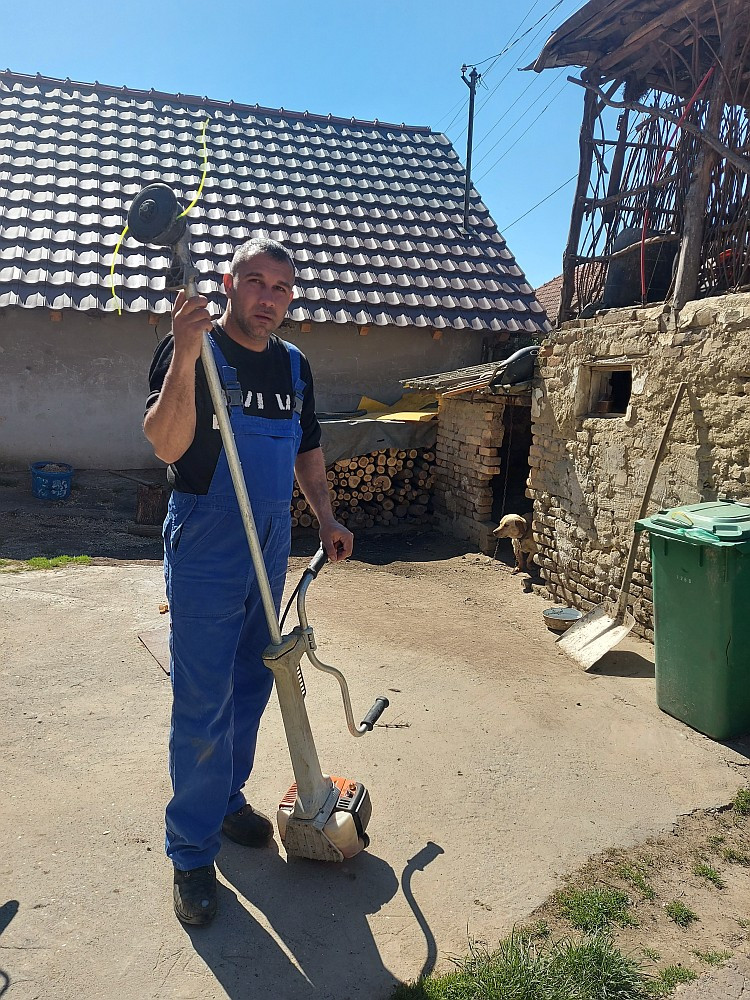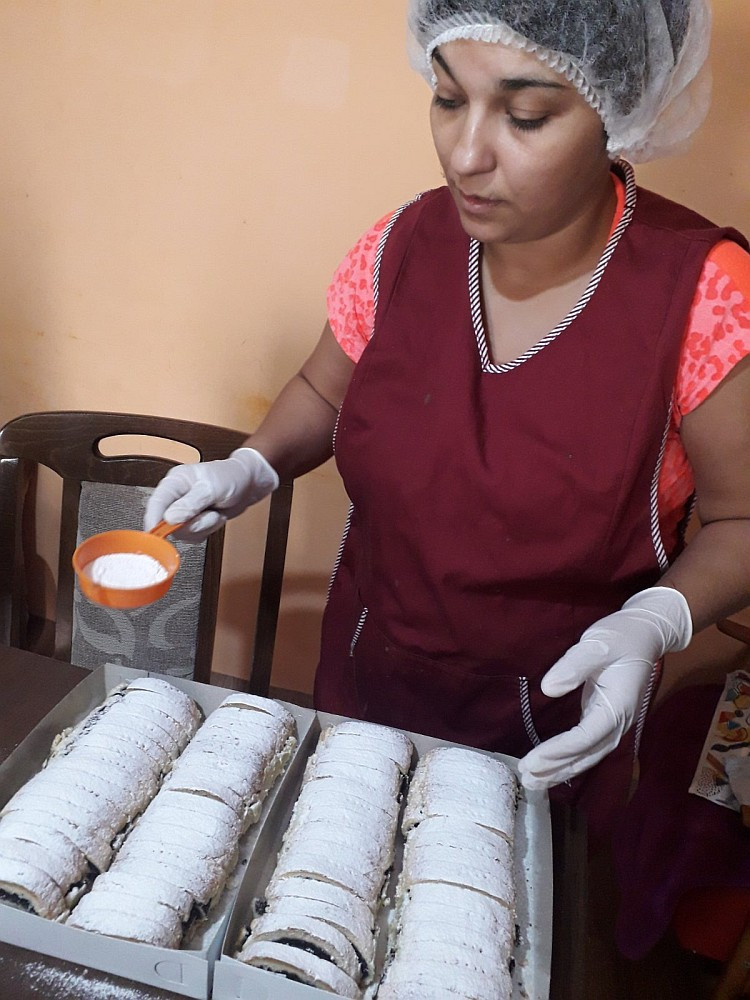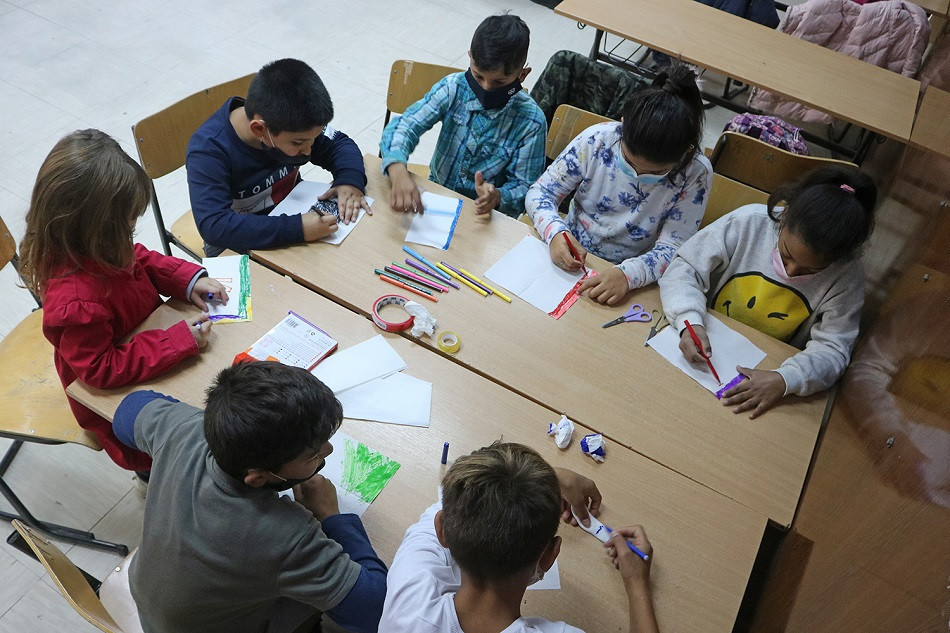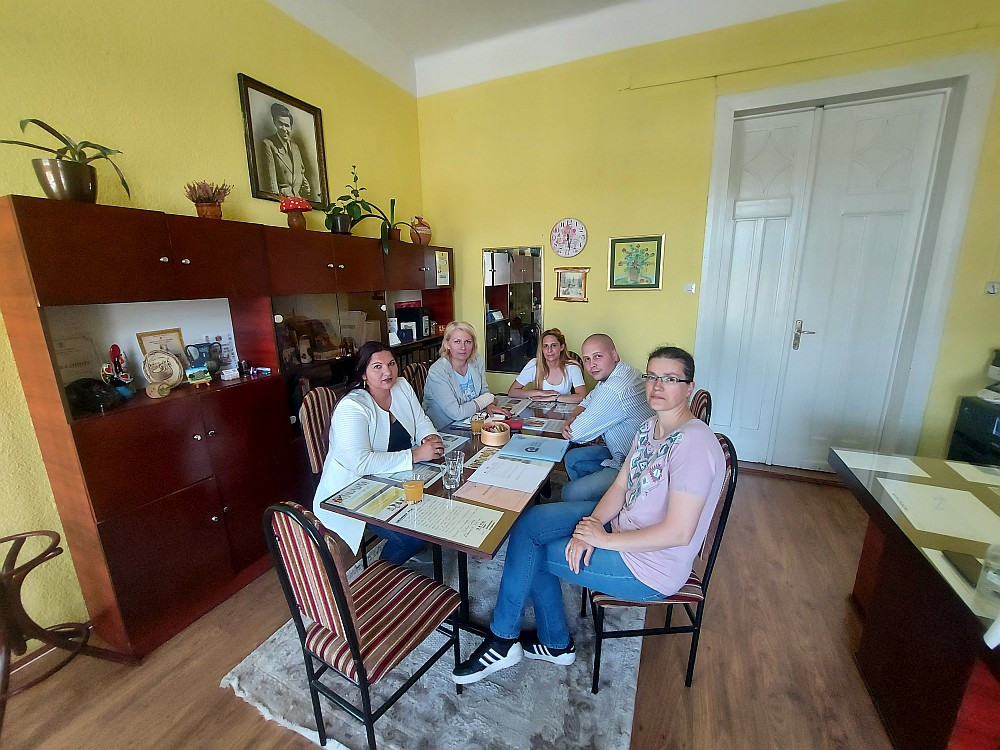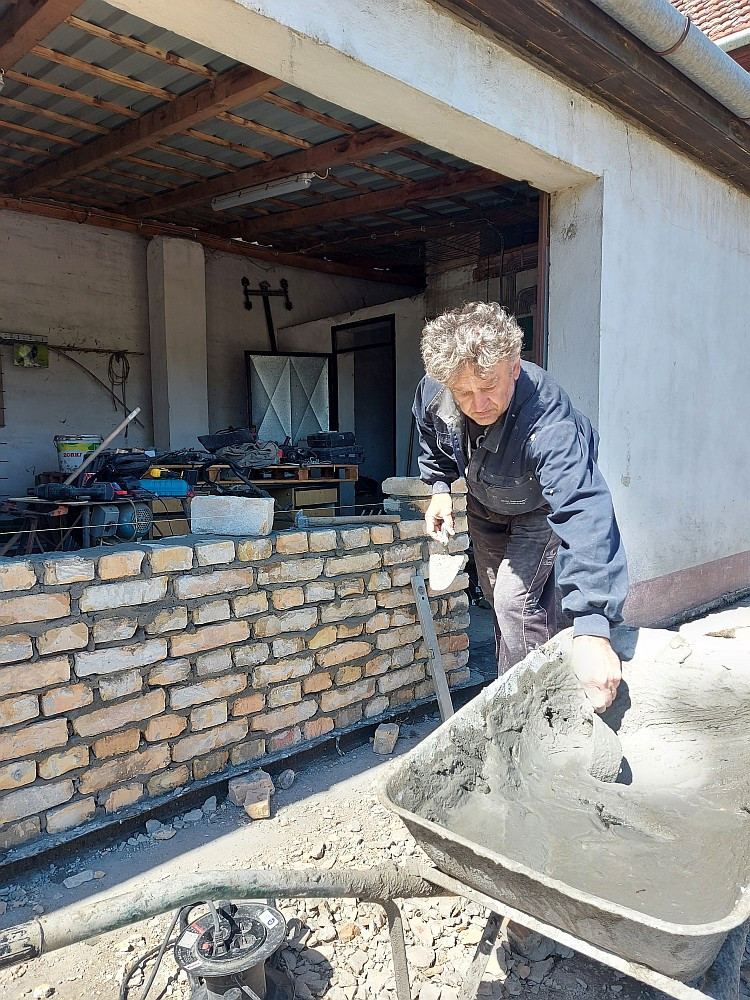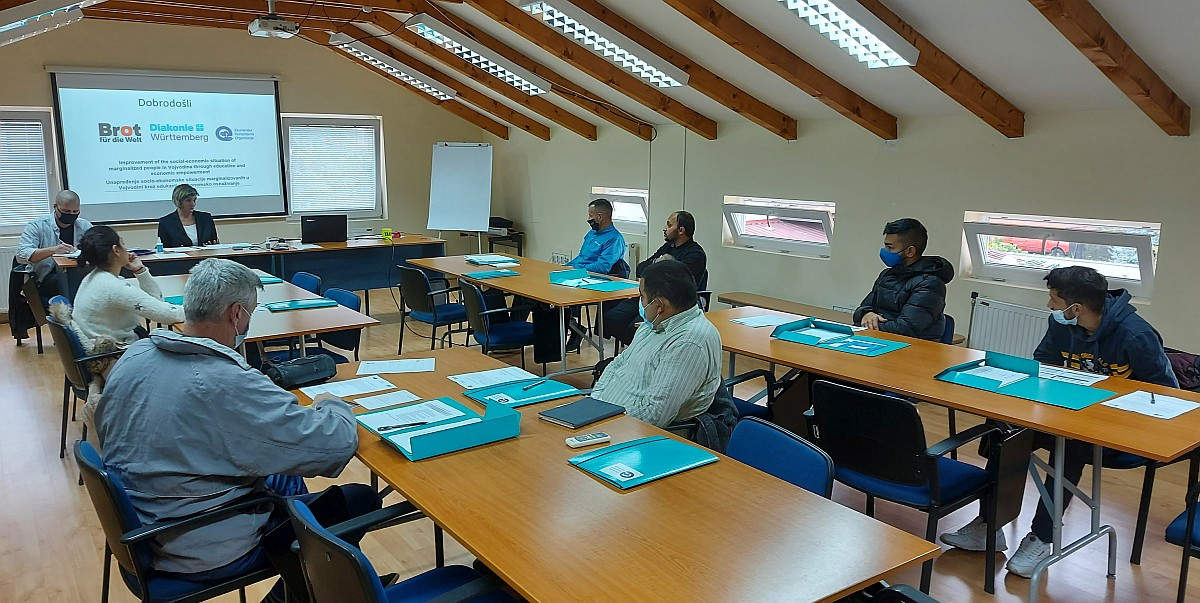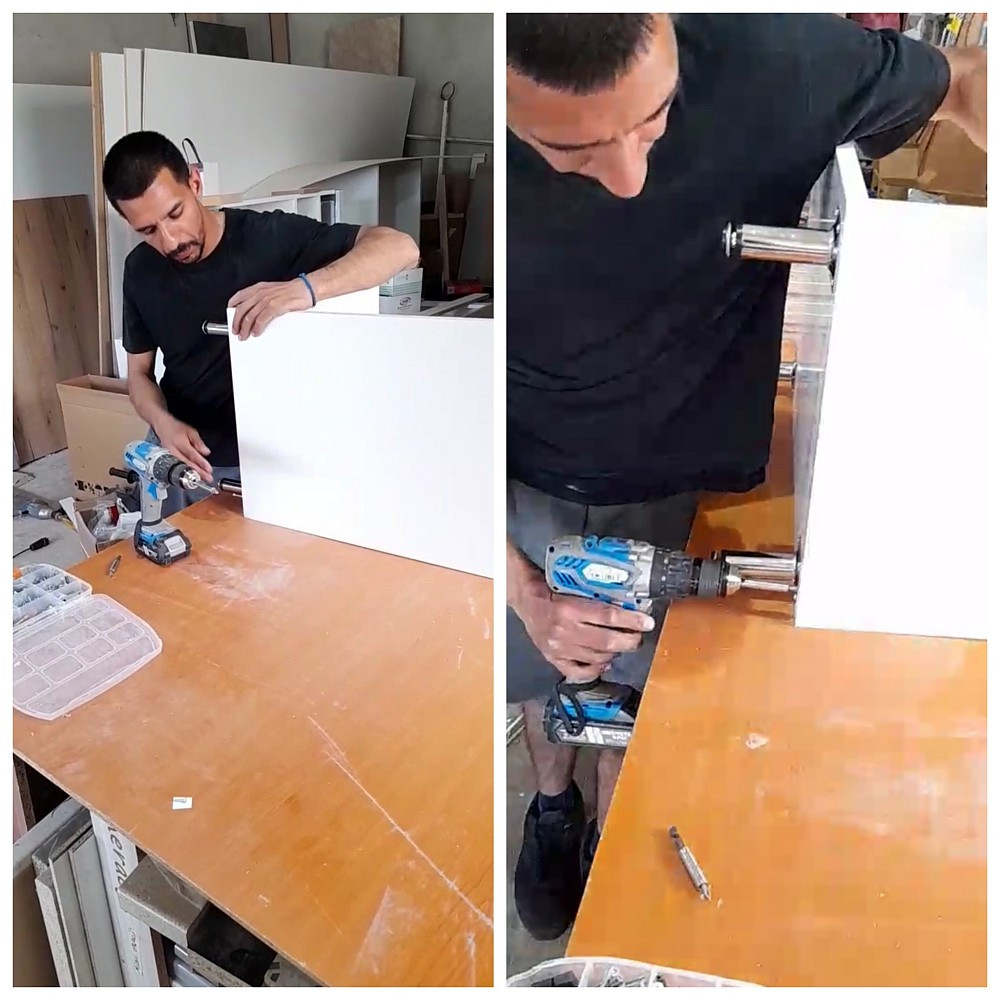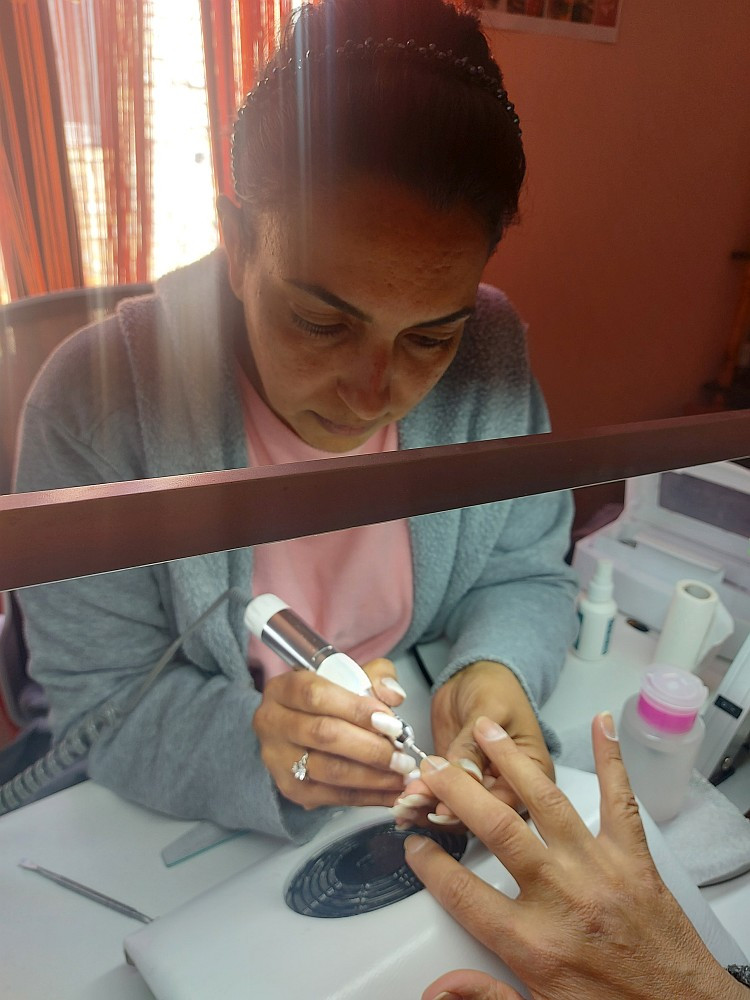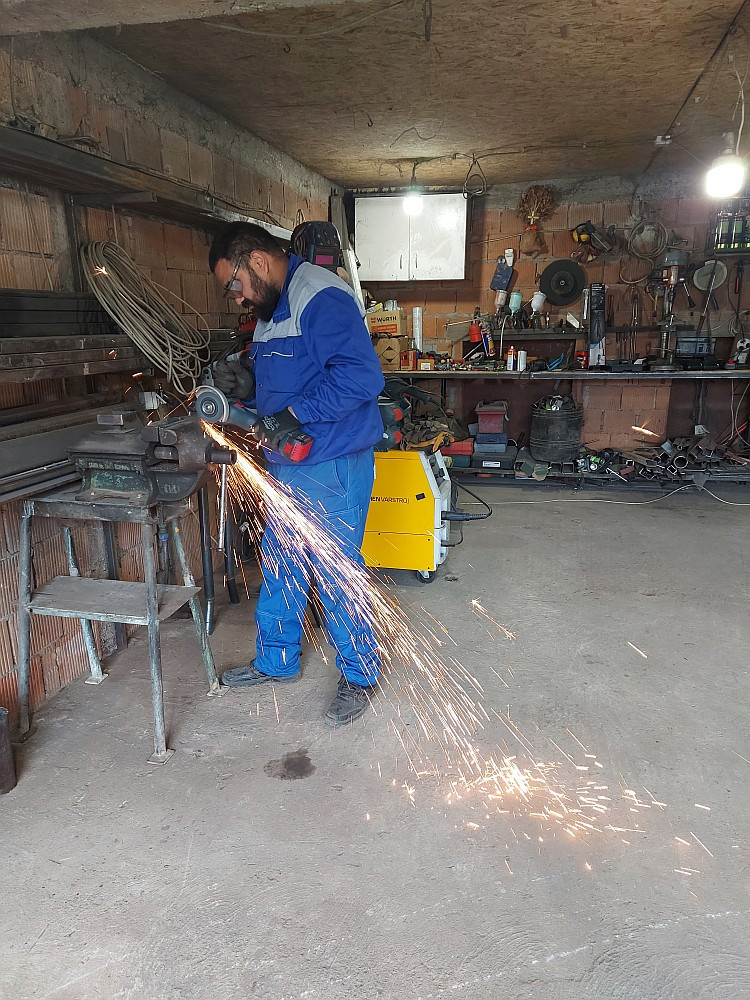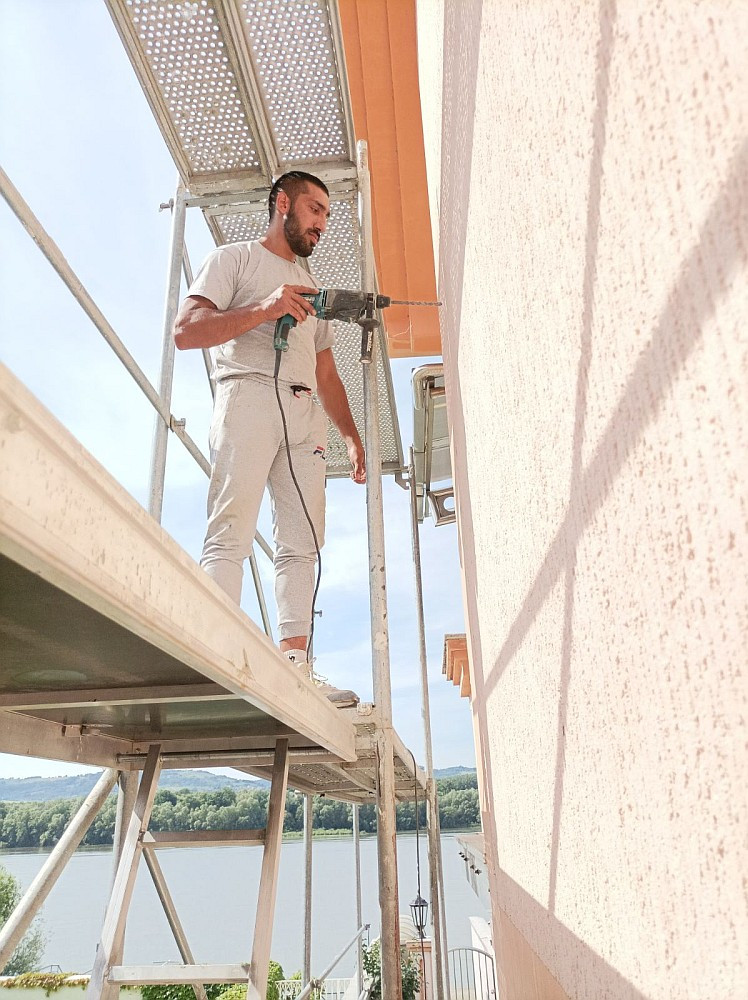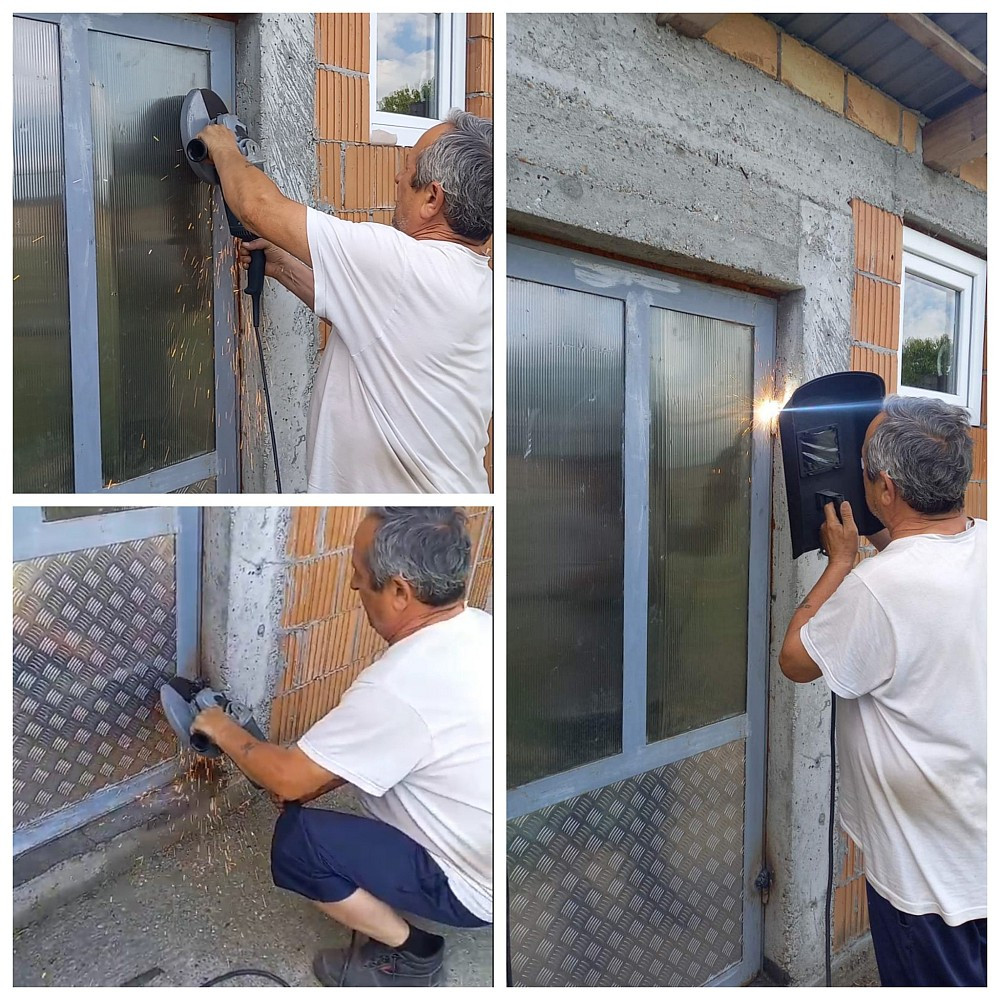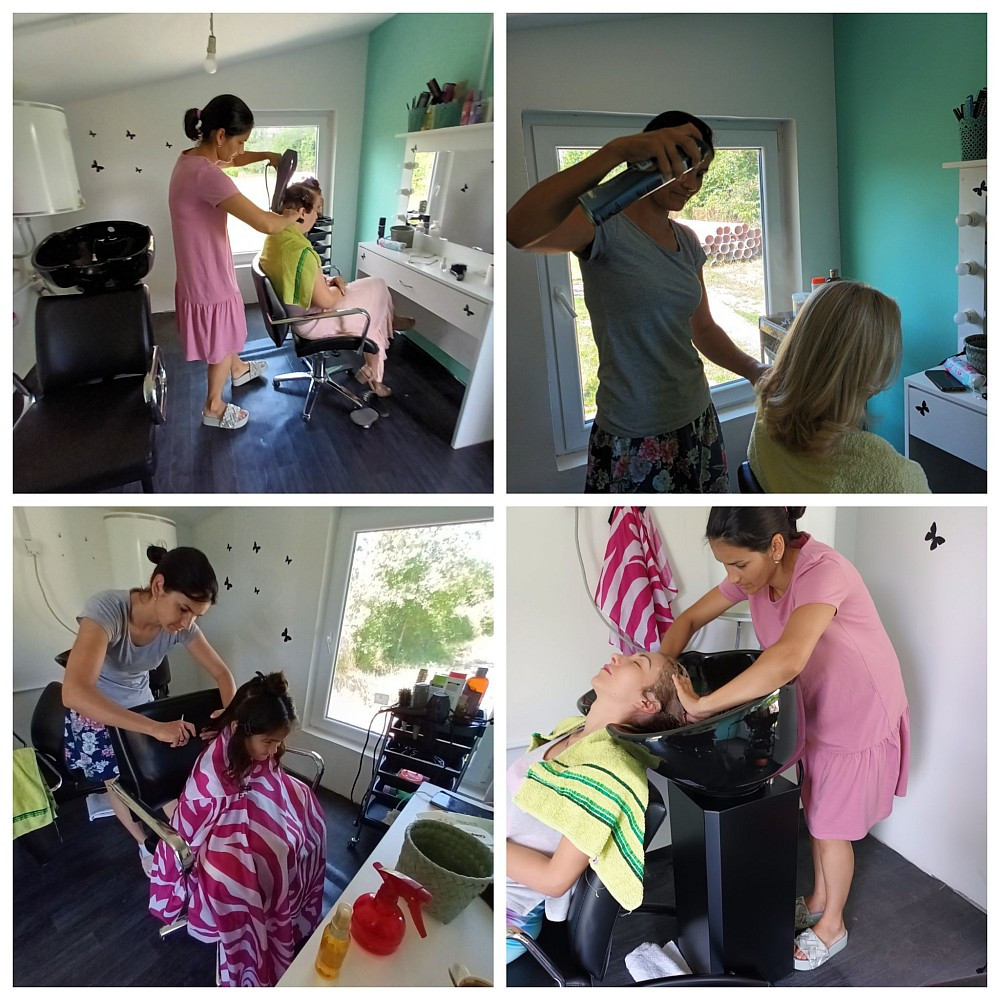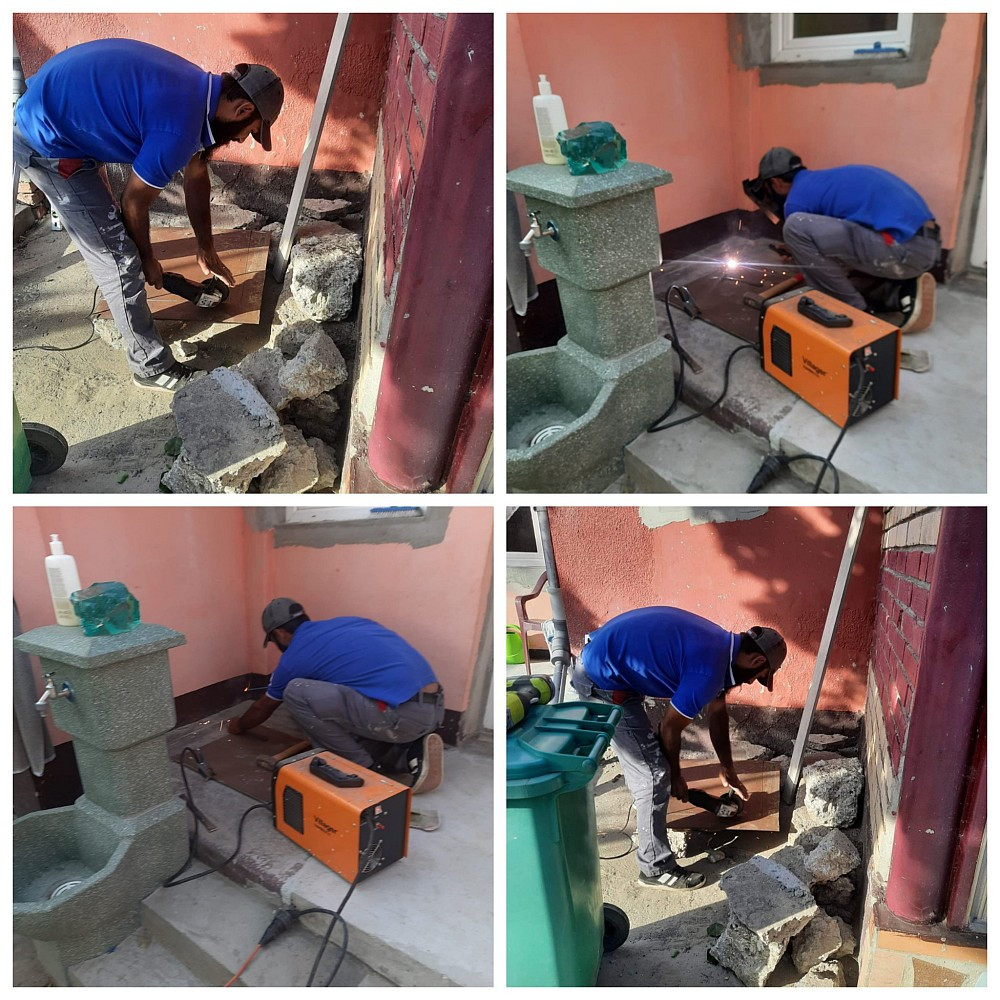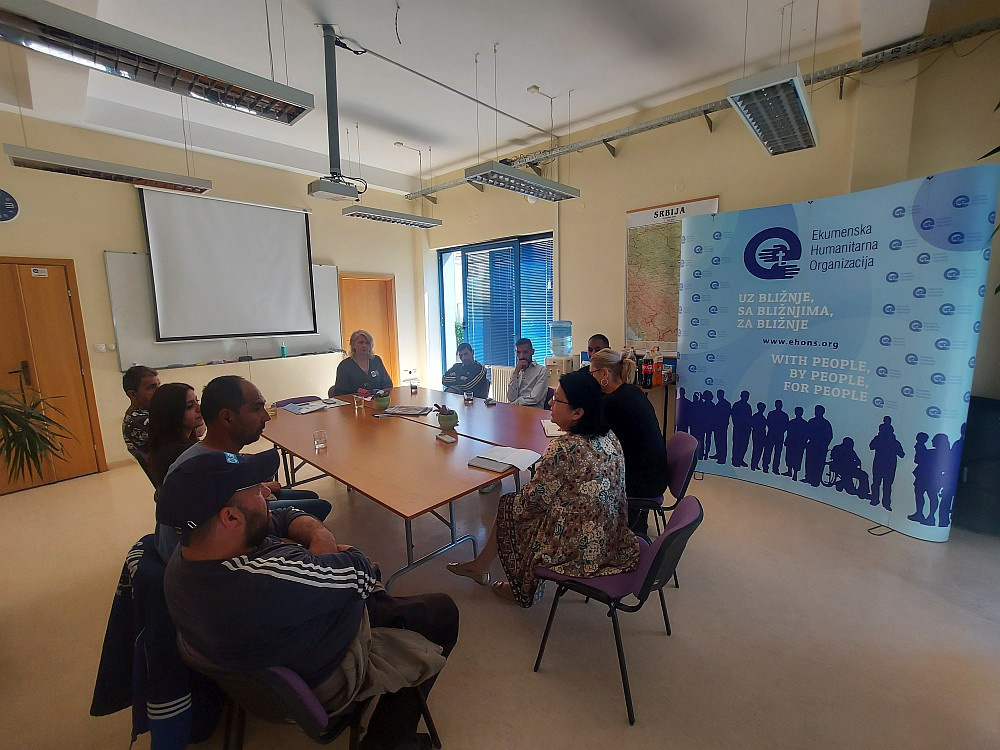Education and economic empowerment of marginalized groups
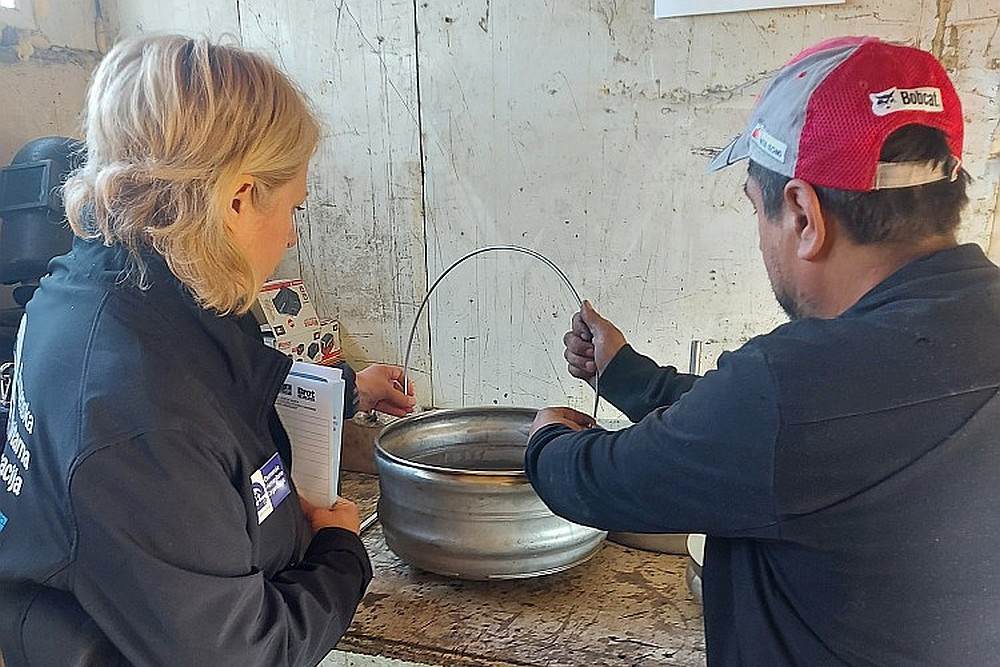
As part of the economic empowerment component , the following activities are implemented:
(a) organizing training sessions on writing a business plan, during which the participants:
- Get to know the characteristics and elements of business plans
- Develop the basic skills of planning their business and master some planning methods
- Work individually to fill out the Application with a business plan for granting grants
(b) allocation of grants for business beginners for the purchase of new machines and equipment for starting or expanding their own business in the field of production/craftsmanship or service activities in the amount of 750 euros, equivalent in dinars.
(c) organizing advanced training for users who show potential to expand existing work. Topics covered at the trainings are in the field of planning, marketing, raising entrepreneurial awareness, legal form for self-employment, company registration procedure, financial obligations, opportunities to exercise the right to subsidies for self-employment and entering the formal labor market.
(d) activities for the establishment of small businesses : granting grants for the purchase of new machines and equipment, with the registration of small businesses and starting or expanding one's own business in the field of production/craftsmanship or service activities in the amount of 3000 euros.
(e) consulting support to users means continuous support to users who are supported by grants through individual consultations, monitoring visits with the aim of overcoming problems during business and improving business.
The educational component is implemented in cooperation with primary and secondary schools in Novi Sad, Subotica, Zrenjanin and Ruma.
The users of the educational component are students from 1st to 8th grade from four primary schools, as well as final grade students from two high schools. The collaborators engaged in the educational component are pedagogical assistants or teachers and they are responsible for the identification and selection of children and young people who are the beneficiaries of the project, implementation of the support provided by the project for children and young people and monitoring the degree of integration of the identified children and young people into the school system and their success. Support includes the purchase of school supplies , the organization of individual mentoring support for students and the organization of workshops.For the schools involved in the project, technical support is foreseen, i.e. procurement of necessary equipment (laptops, tablets, smart boards, projectors, etc. depending on needs) with the aim of increasing the school's capacity to support students, develop competencies and digital literacy.
It is planned that during the duration of the project, 588 members of marginalized groups (Roma, internally displaced persons, returnees, recipients of social assistance) in Vojvodina will be supported through these two components.
Implementation period: July 1, 2022 – June 30, 2025
Partners: Brot für die Welt, Diakonie Württemberg/ Hoffnung für Osteuropa
Coordinator: Tanja Stojković > tanjas@ehons.org
